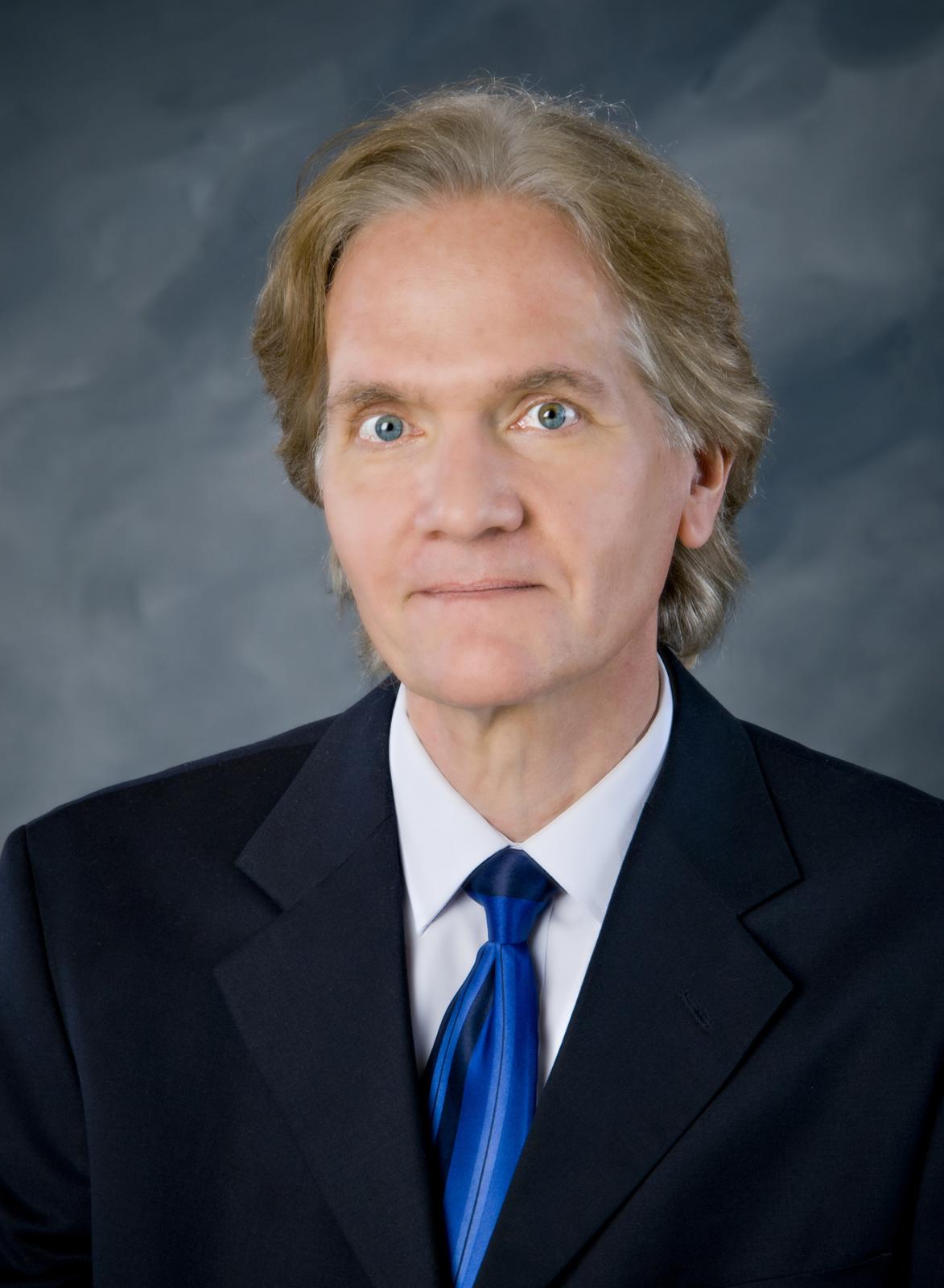Msu Professor Invited To Serve On Humanities Review Panel

James Sobaskie, 11-year associate professor in the Department of Music, recently was invited to serve as a grant reviewer for the National Endowment for the Humanities.
Sobaskie, whose research centers on Franz Schubert, an early Romantic era composer who lived in Vienna, and on the music of Gabriel Fauré, a late-Romantic/early Modern era composer who lived in Paris, will serve on a four-member panel that evaluates proposals for the National Endowment for the Humanities’ Summer Stipend competition.
The competition attracts well over 800 applications per year from individual scholars in many humanities fields, funding around 9% of these, with awards up to a maximum of $6,000, which serve to support the creation of books, articles, translations, editions and other scholarly products. Out of the thirty-three applications, Sobaskie will evaluate only three or four will be funded. The four members of the music-focused panel will evaluate proposals that are either musicological, ethnomusicological or musically educational in some way.
“Serving on the NEH music panel is an honor, but it also represents a valuable educational experience. I evaluate articles and special issue proposals on the editorial board of Nineteenth-Century Music Review, and I’ve served on the grants panel of an Irish musicological organization, but this opportunity will present an array of cutting-edge research and reveal what it takes to gain federal funding,” Sobaskie said.
Sobaskie notes that funding resources for the sciences are enormous and growing, while funding resources for the humanities are shrinking. He believes the arts, like music and literature, help people understand who they are as a culture as well as individual, and can provide crucial insight and education.
The National Endowment for the Humanities is the federal agency that was established in 1965 to support research and education in the arts and humanities. It has funded special concerts by the Starkville Symphony Orchestra, as well as some of the historical documentaries on PBS.
“The knowledge generated by funded humanities projects may not have immediate commercial value, but it will sustain the spirit of inquiry and the impulse of imagination, both of which are crucial in higher education but also in society more generally – everyone needs to keep learning and creating!” Sobaskie added.